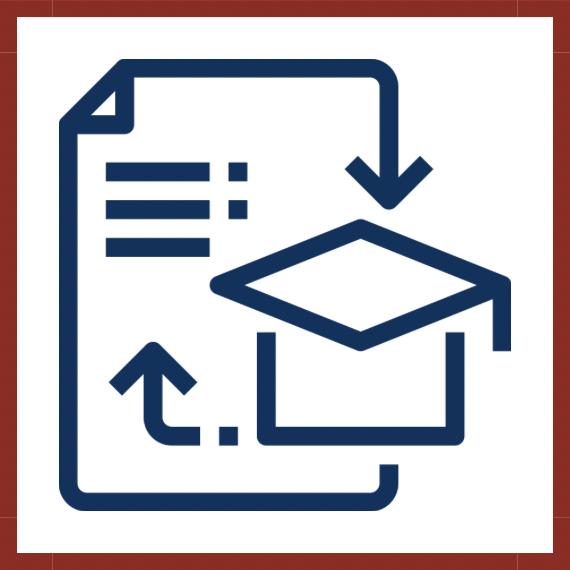Level and Duration of the Program: Undergraduate, 8 Semesters.
Aviation Management Department Mission
The objective is to attract skilled personnel to the aviation industry, specifically for roles in departments such as accounting and finance, marketing and sales, and operations and security within airlines, airports, and ground service providers.
Aviation Management Department Vision
To improve the standard of education and training in the aviation industry on a global level, it is imperative to offer support for initiatives that advance the professional growth of employees and improve their quality of life. This approach will enable these institutions to serve as a model of excellence and distinguish themselves as a leading player among other aviation education and training providers on an international scale.
Program Purpose: Our objective is to endow our pupils with the requisite expertise, abilities, and proficiencies to excel in the aviation industry while simultaneously cultivating innovative thinking in areas such as management, organization, marketing, communications, public relations, law, finance, and infrastructure. We strive to offer specialized education that enables students to evaluate, critique, and innovate with respect to both global and sectoral trends.
• Provide state and private sector aviation organizations with trained and qualified personnel in the management of civil air transportation by offering suitable training opportunities.
• To elevate the knowledge and research produced to a globally competitive level and transform it into economic value.
• Establish global partnerships and collaborations to offer more cost-effective and sustainable air transportation services worldwide.
Program Achievements: The following is a list of the essential skills and knowledge that students are expected to acquire while pursuing a degree in Aviation Management, as well as the achievements necessary for a successful career in this field:
1. Aviation Information:
• Theoretical and practical competence to work in all sub-sections of the aviation field,
• Ability to conduct scientific research at international level in the field of aviation,
• Professional and ethical awareness was achieved in accordance with the global aviation standards.
2. Skills:
• Ability to produce solutions to problems that may be encountered at any stage of operational processes in air transportation,
• Have the ability to work using a multidisciplinary approach and theoretical knowledge of aviation.
3. Competencies:
• Competence to identify, analyze, and produce effective solutions to the problems they may encounter in the field of aviation,
• Ability to work effectively in harmony in disciplinary and multidisciplinary teams and to work individually,
• Awareness of the social dimensions of aviation practices; awareness of their effects on health, environment, and safety
Program Employment Areas: Graduates of the Department of Aviation Management have diverse employment prospects in the aviation industry. Some of the areas in which they may find employment include:
Aviation Management graduates are employed in a variety of roles within national and international civil aviation authorities, airports, airline companies, ground-handling companies, air taxi companies, aviation training providers, aircraft maintenance companies, and other businesses operating in the civil aviation sector. These positions include Load Master, Operations Officer, Tariff Planning Specialist, Cost Control Specialist, Crew Planning Specialist, Business Development Specialist, Charter Trade Specialist, Passenger Service Officer, Apron Officer, Airline Operations Supervisor, Quality Specialist, Flight Operations Specialist, and Docplanner (Maintenance Organizations). Additionally, they may work as trainers or training specialists in institutions that provide aviation management education or offer consulting and project management services for aerospace projects. The formal tone of this rephrased statement emphasizes the importance of the roles and opportunities available to Aviation Management graduates, as well as the diversity of their potential career paths.
Course Process: The Aviation Management Department utilizes an Internet-based Learning Management System (LMS) to deliver its courses. Through this platform, students can attend classes and complete the program from a remote location.
1. Core Courses: At the beginning of the program, core courses are given to provide students with basic knowledge in the fields of aviation and business.
2. Advanced Aviation Courses: Students have the opportunity to learn field courses related to aviation management in detail as the semester progresses. These courses focus on increasing students’ aviation management competencies.
3. Internships or Practicum: Programs often offer internships or practicum opportunities for students with the goal of providing them with real-world experience. This helps students understand business processes in the industry and gain work experience.
4. Project Work: Students can focus on their own areas of interest by working on graduation projects or dissertations. These projects help students improve their problem-solving abilities.
5. Collaboration and Communication: Effective communication and teamwork are important in the aviation industry. Therefore, programs provide students with the opportunity to develop these skills.


Bölüm Müfredati / Department Curriculum
